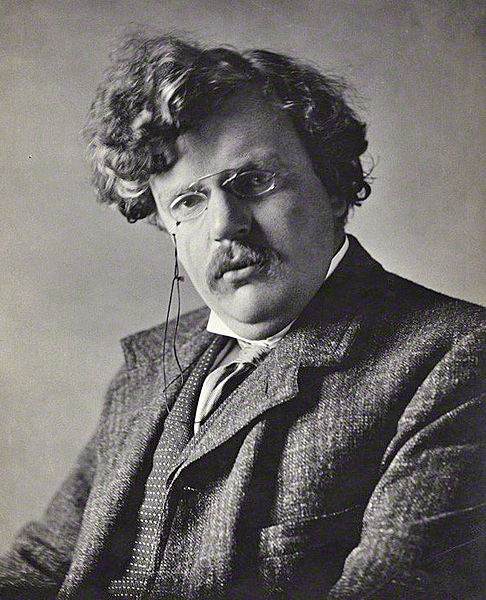[Editor’s Note: Distributism is an economic model that seeks to avoid the evils of both capitalism and socialism. While focused on traditionalist Catholicism rather than ethno-nationalism, it provides many useful arguments and ideas for anyone interested in forging a third way between the two dominant economic paradigms of today.]
The Distributist Review
July 14, 2013

What is Distributism?
Distributism finds its roots in the social and economic theories articulated in the documents of the Catholic pontiffs, beginning with Pope Leo XIII’s “Rerum Novarum.” These social encyclicals raise imperatives on economic transaction and its relation to labor, solidarity, wages, the wide diffusion of ownership, and the proper limits of technology. Distributism is an economic system compliant with the principles of these documents, and is centered on the widest possible ownership of property as the best guarantee of political and economic freedom. A family that owns its own land or its own tools can make its own way in the world without being dependent on someone else for a “job.” Thus, Distributism seeks to extend property ownership to as many as possible, and end the concentration of ownership by few capitalists or state officials.
What are the ‘means of production’?
The ‘means of production’ are the land, tools, and equipment needed for labor to transform raw materials into goods and services. As wealth (goods or services) is only possible by the combination of the means of production, labor, and raw materials, we believe it is best when these are owned cooperatively (worker-owned) or entirely operated by the family.
Are you Capitalists or Socialists?
Neither. Capitalism–or Proletarianism–is a system bent on the maximization of returns on investments, and seeks it at the expense of labor and the common good. Socialism aims to eliminate ownership and place it in the hands of an impersonal, centralized government. Both systems–Capitalism and Socialism–limit real ownership in practice. The only difference between a Socialist state and a Capitalist state is whether power is concentrated in a few private or a few bureaucratic hands.
